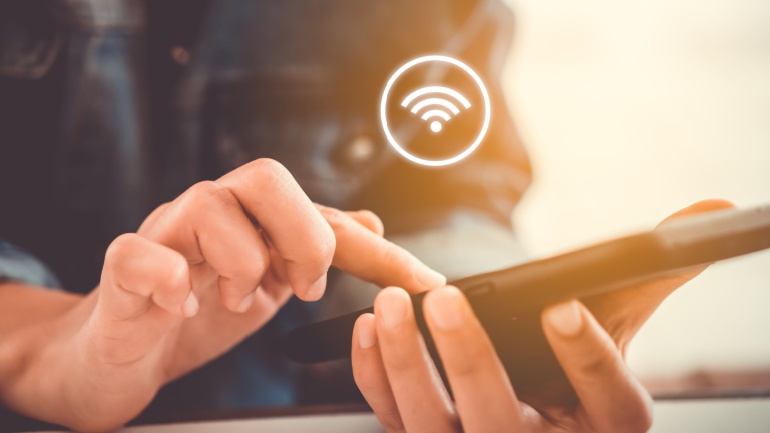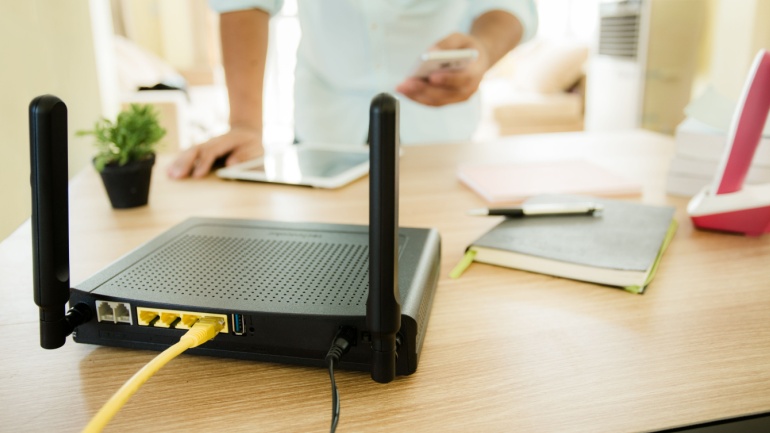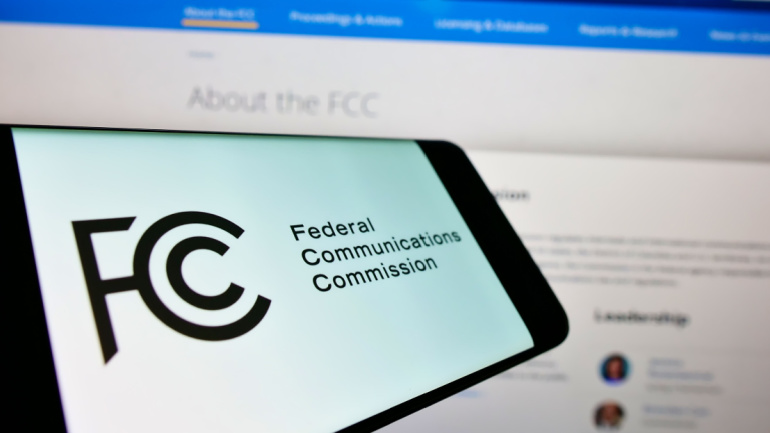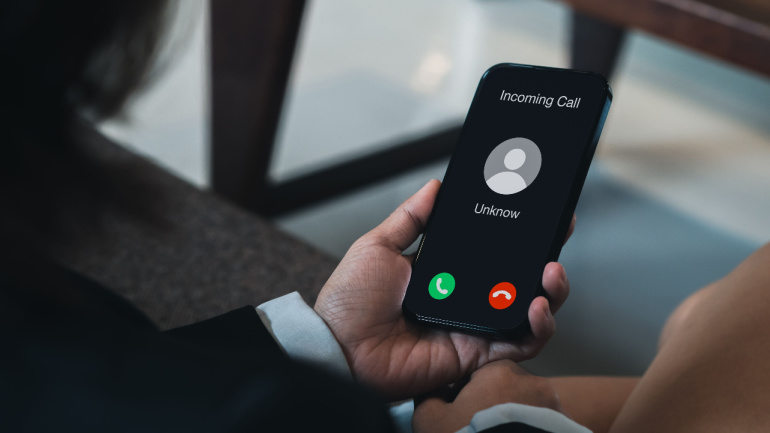Come April 10, as Federal Communications Commission’s new rules take effect, ISPs with over 100,000 subscribers will have to display ‘nutrition’ labels detailing broadband plans. These labels will reveal data about costs, speed, privacy, and more – boosting transparency. However, this also poses administrative challenges for ISPs, especially when changes occur.
The US Federal Communications Commission (FCC) is gearing up for a pivotal vote on April 25 to reinstate net neutrality, a move that has stirred controversy, particularly among Republican commissioners.
The Federal Communications Commission (FCC) has breathed new life into a stalled initiative aimed at extending 5G network coverage to America’s rural areas. The rejuvenated program, named the 5G Fund for Rural America, seeks to allocate $9 billion over the next decade to bring 5G connectivity to 14 million homes and businesses in regions currently overlooked by operators due to financial impracticalities.
The lapse of the Federal Communications Commission’s (FCC) authority to auction spectrum has reached a one-year milestone, casting a shadow over the United States’ telecommunications landscape and its position on the global stage. This standstill not only reflects the pervasive partisanship and dysfunction within the US government but also threatens the country’s innovative edge and economic competitiveness.
MATRIXX Software, Celfocus, and Qeema have launched Jawwy 2.0 to improve customer experience and reduce costs. NTT Ltd. plans to open its first data center campus in the Paris region as part of a $10 billion global expansion. Crexendo and TELCLOUD launched a POTS Replacement platform to offer cost-effective, reliable alternatives for critical services. Hero Digital revamped Calix.com, enhancing user experience and performance. Consumer advocacy groups urge the FCC for stricter regulations to protect against SIM swap and port-out scams.
The Affordable Connectivity Program (ACP), established to provide subsidized internet service to millions of US households, faces an uncertain future due to budget constraints. It’s a dilemma that could potentially disconnect current beneficiaries and limit future enrollments. However, support from influential leaders and a requested funding boost could create hope for the program’s extension.
In an unyielding effort to combat the surge of illegal robocalls and fraudulent activities, the Federal Communications Commission (FCC) has issued stern advisories to seven gateway providers identified as potential collaborators in transmitting illicit traffic on behalf of overseas entities. This poses a significant risk to the integrity and security of U.S. phone networks.
SpaceX’s Starlink project faced a setback this week as the Federal Communications Commission (FCC) voted 3-2 to maintain its decision to deny funding from the Rural Digital Opportunity Fund (RDOF). The initial award in late 2020 aimed to extend broadband coverage to nearly 643,000 premises in 35 states.
In telecom news, global circular solutions provider TXO bolsters its sustainability commitment by acquiring network decommissioning specialist Lynx UK, expanding its team and global presence. Meanwhile, the FCC strengthens rules against telemarketing abuse, aiming to protect U.S. phone subscribers from unwanted calls. Enreach introduces a Contact App Suite for enhanced business connectivity, integrating voice and call control with Microsoft collaboration tools. Additionally, Tollring unveils Record AI, an affordable cloud call recording solution democratizing AI automation for improved customer experiences across organizational scales. These strategic moves signal advancements in telecom sustainability, regulatory protection, business connectivity, and AI innovation.
In a significant move applauded by consumer advocacy groups, the Federal Communications Commission (FCC) has voted decisively to reinforce regulations on telemarketing calls. Advocates from the National Consumer Law Center, Public Knowledge, and the Electronic Privacy Information Center (EPIC) commend the FCC for taking a stand against the misuse of consumer consent by lead generators.













